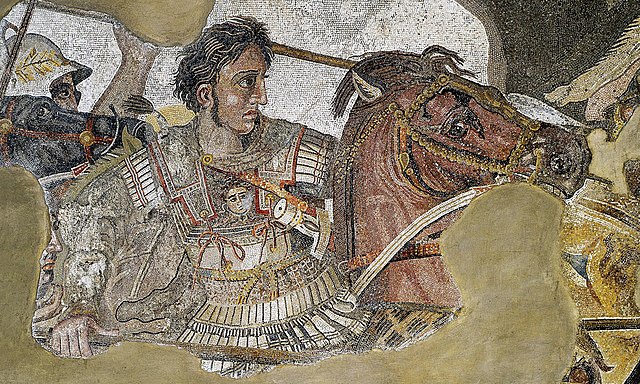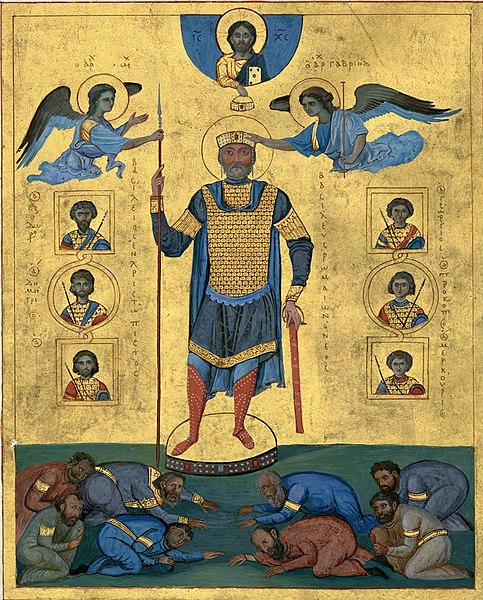The Greeks in Albania are ethnic Greeks who live in or originate from areas within modern Albania. After ethnic Albanians, they form the second largest ethnic group in the country. They are mostly concentrated in the south of the country, in the areas of the northern part of the historical region of Epirus, in parts of Vlorë County, Gjirokastër, Korçë, and Berat County. The area is also known as Northern Epirus. Consequently, the Greeks hailing specifically from Southern Albania are also known as Northern Epirotes. The Greeks who live in the "minority zones" of Albania are officially recognised by the Albanian government as the Greek National Minority of Albania.
Captain of Himara, Spyros Spyromilios, leader of the local revolt, 1912
View of Saranda
Dormition of the Theotokos Church, Labovë e Kryqit, a pilgrimage site. The present form of the church was built in the 10th century and was renovated several times after.
The Zographeion College facilities (1881) in Qestorati
The Greeks or Hellenes are an ethnic group and nation native to Greece, Cyprus, southern Albania, Anatolia, parts of Italy and Egypt, and to a lesser extent, other countries surrounding the Eastern Mediterranean and Black Sea. They also form a significant diaspora, with many Greek communities established around the world.
Mycenaean funeral mask known as "Mask of Agamemnon", 16th century BC
Alexander the Great, whose conquests led to the Hellenistic Age
Bust of Cleopatra VII (Altes Museum, Berlin), the last ruler of a Hellenistic kingdom (apart from the Indo-Greek Kingdom)
Emperor Basil II (11th century) is credited with reviving the Byzantine Empire.








